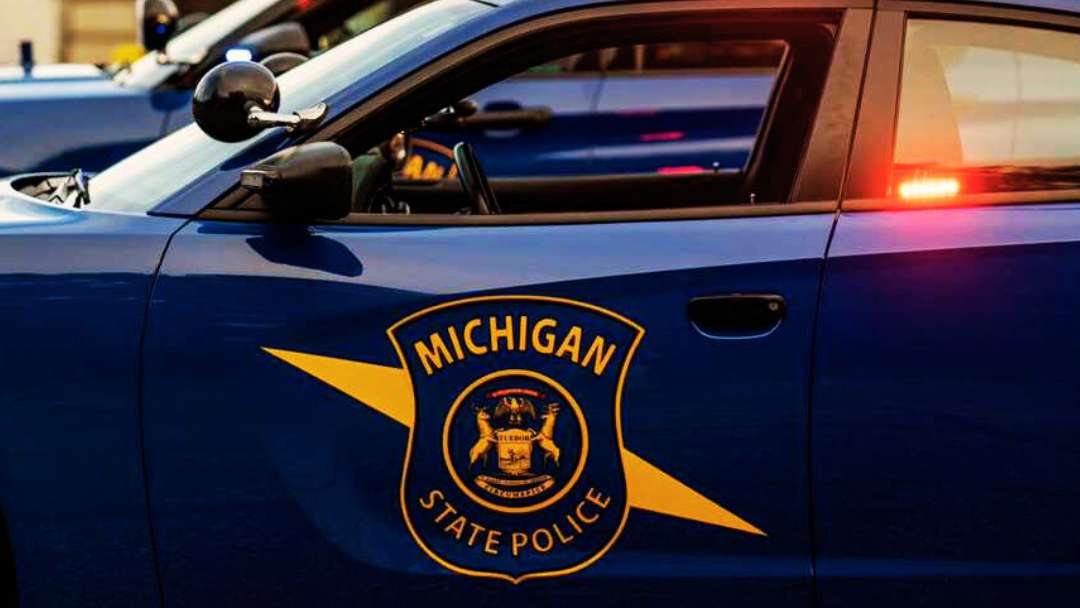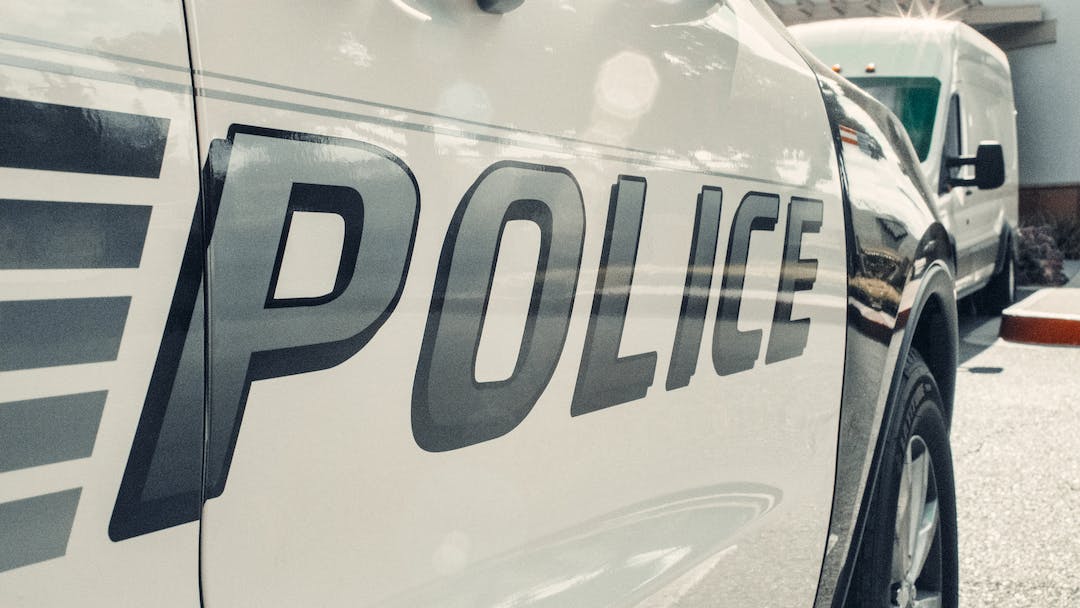Navigating the legal system can be daunting, especially when it comes to understanding the rules governing evidence.
This article sheds light on the first six articles of the Michigan Rules of Evidence (MRE), providing a helpful summary for legal professionals, litigants, and anyone interested in gaining insights into how evidence is handled in Michigan courts.
Rule 101: Scope and Definitions
Firstly, MRE 101 establishes the scope of the rules, specifying that they apply to all proceedings in Michigan courts, with exceptions outlined in Rule 1101. It also clarifies key terms like “civil case” and “record,” ensuring consistent interpretation throughout.
Rule 102: Purpose
MRE 102 sets the guiding principle for interpreting the rules: fairness, efficiency, and truth-seeking. It emphasizes administering proceedings justly, minimizing unnecessary cost and delays, and ultimately, ensuring accurate outcomes.
Rule 103: Rulings on Evidence
This rule outlines how to preserve objections and offer proof. To challenge a ruling admitting evidence, a party must object promptly, state the specific reason, and offer a motion to strike. In case of exclusion, the party must inform the court of the evidence’s content through an offer of proof, unless already clear from the context.
Rule 104: Preliminary Questions
MRE 104 addresses situations where the judge must decide a preliminary question, such as witness competency or hearsay exceptions, before determining whether evidence is admissible. The rule allows both parties to present evidence on the preliminary issue, ensuring a fair and informed decision by the judge.
Rule 105: Limiting Admissibility
This rule acknowledges that some evidence, though relevant, might be prejudicial or confusing. MRE 105 empowers the judge to limit the admissibility of such evidence in various ways, like allowing only specific portions, instructing the jury, or imposing an “admonition” to disregard certain aspects. This ensures a balanced presentation of evidence that focuses on the relevant issues.
Rule 106: Remainder of or Related Writings
Finally, MRE 106 addresses situations where a party introduces part of a writing or recording. This rule grants the opposing party the right to introduce any other portion or related document that provides context and fairness. This prevents distortion and ensures the jury hears the complete picture.
Conclusion
These six initial rules of the MRE lay the foundation for a fair and efficient legal system in Michigan. By understanding their purpose and application, individuals can navigate the courtroom with greater confidence and contribute effectively to the pursuit of justice.
Important:
This article provides a simplified overview of MRE 101-106 for informational purposes only. It should not be interpreted as legal advice. When facing legal matters, always consult with a qualified attorney for professional guidance. It is suggested that you read the unsummarized rule. Here is the link to the Michigan Rules of Evidence Handbook
Have your rights been violated?
Have your driving priviledges been revoked?
Has your professional license been suspended?
Have you been charged with a crime?
Call our office to see if we can help
Komorn Law 248-357-2550
Related Articles
No Results Found
The page you requested could not be found. Try refining your search, or use the navigation above to locate the post.
More Posts

The MSP and Your Privacy (Criminal History)
Is the Michigan State Police really concerned about your criminal history privacy?Here's what they say on their websiteThe Michigan State Police (MSP) is committed to protecting the privacy of your potentially personally identifiable data (PPID) in a strong and...

The 6th Amendment – Do You Know What It Is?
The 6th Amendment: is it still a thing?The 6th Amendment to the United States Constitution is a crucial pillar of the Bill of Rights, designed to ensure fair and just legal proceedings for individuals accused of crimes. Ratified on December 15, 1791, this amendment...

The US Supreme Court and Federal Gun Law Cases
The US Supreme Court and Federal Gun Law CasesChallenges to Federal Gun Laws the right of the people to keep and bear Arms, shall not be infringed Updated July 8, 2024 Ratified in 1791, the Second Amendment provides, “A well regulated Militia, being necessary to the...

Do Passengers in a Vehicle have 4th Amendment Rights?
Do Passengers have 4th Amendment Rights?Michigan Supreme Court Limits Police Ability to Search Passenger Property in CarsBackground Mead was a passenger in a car and had just met the driver, who offered him a ride. When the police stopped the vehicle and ordered both...

Do Students Have 4th Amendment Rights in Schools
Students and 4th Amendment RightsStudents are entitled to a right to be safe from unreasonable searches and seizures even within school premises, as ruled by the Supreme Court of the United States. However, these rights are somewhat limited for students, allowing...

Forfeiture Law: SCOTUS and Sixth Circuit Issue Landmark Rulings
Forfeiture Law in Focus: SCOTUS and Sixth Circuit Issue Landmark RulingsThe landscape of forfeiture law has been significantly shaped by recent decisions from the U.S. Supreme Court and the Sixth Circuit Court of Appeals. These rulings, in the cases of United States v...

Facial Recognition and Wrongful Arrests
Facial RecognitionHow Technology Can Lead to Mistaken-Identity Arrests Facial recognition technology has become increasingly prevalent in law enforcement, but its use raises critical questions about civil liberties and accuracy. One landmark case sheds light on the...

People v. Chandler Case: Protecting Fourth Amendment Rights
Court of Appeals of Michigan PEOPLE of the State of Michigan, Plaintiff-Appellee, v. Javarian CHANDLER, Defendant-Appellant. No. 368736 Decided: June 27, 2024Before: Borrello, P.J., and Swartzle and Young, JJ. Introduction In the People v. Chandler case, the Michigan...

MI Lawyer Weekly – Michigan’s Go To Lawyers for Cannabis Law
Please join us in congratulating our inaugural Michigan’s Go To Lawyer for cannabis law. Michael Komorn, Komorn Law, Farmington HillsMichigan Lawyers Weekly is pleased to announce the inaugural “Go To Lawyers” for cannabis law. Now in its fifth year, the “Go To...

Chinese-funded marijuana farms springing up across the U.S.
Inside the Chinese-funded and staffed marijuana farms springing up across the U.S.During a farm inspection, New Mexico state special agents discovered an excessive number of cannabis plants in violation of state laws. Subsequent visits revealed dozens of underfed and...











